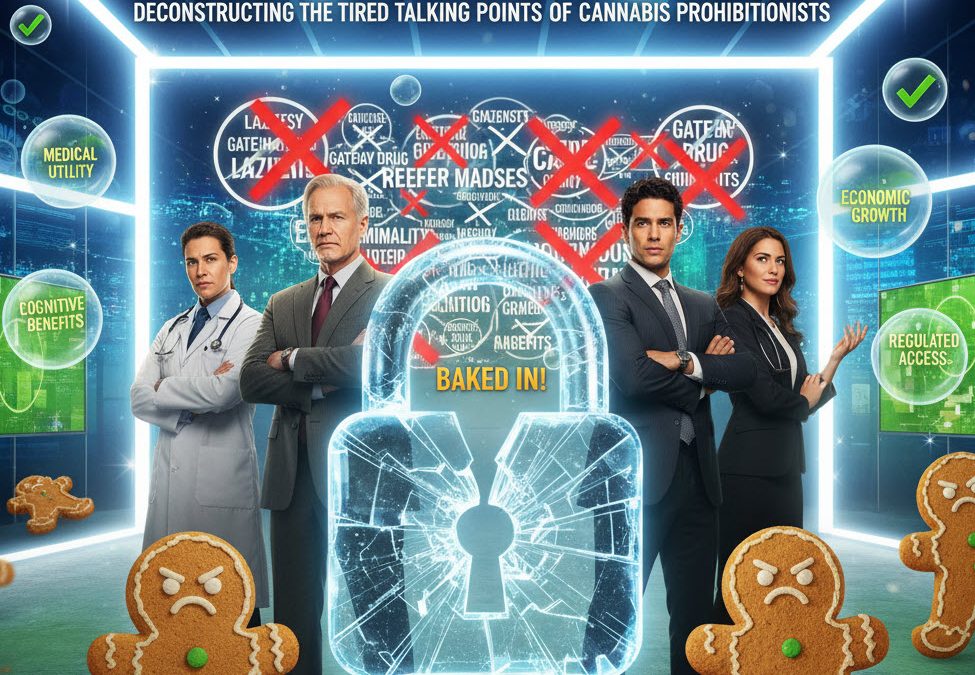Ladies and gentlemen, it’s that time again. Just when we thought the cannabis prohibition debate might finally move beyond the same old arguments from the 1980s, the Concerned Women for America have graced us with their latest fear-mongering manifesto on why marijuana should remain a Schedule I drug. As I read their recent piece, it felt like I had stepped into a time machine – one that’s been stuck in reverse for about four decades.
Now, I’m all for a good throwback every now and then. But when it comes to discussing important issues like drug policy, it’s time to leave the outdated rhetoric behind and move forward with a more progressive mindset. Yet, here we are, once again being bombarded with the same tired talking points that have been regurgitated for years.
Let’s take a moment to break down the Concerned Women for America’s argument. They claim that marijuana should remain a Schedule I drug because it has a high potential for abuse and no accepted medical use. But let’s be real here – the only reason marijuana is classified as a Schedule I drug is because of its federal illegality. This classification has hindered research on the potential medical benefits of cannabis, leading to a lack of accepted medical use. It’s a vicious cycle that needs to be broken.
But the Concerned Women for America don’t seem to care about the potential benefits of marijuana. They’re too busy clutching their pearls and painting a picture of a society overrun by stoned zombies. They warn of increased crime rates, impaired driving, and the downfall of our youth if we dare to legalize marijuana. It’s the same old fear tactics that have been used for decades to justify the criminalization of cannabis.
But let’s look at the facts. In states where marijuana has been legalized, crime rates have not increased. In fact, some studies have shown a decrease in violent crime. And as for impaired driving, there are already laws in place to address this issue. Legalizing marijuana would not change that. As for the youth, studies have shown that teen marijuana use has not increased in states with legalized cannabis.
It’s time to move beyond the fear and misinformation surrounding marijuana. It’s time to have an open and honest discussion about drug policy and the potential benefits of legalizing marijuana. Let’s leave the outdated rhetoric in the past and embrace a more progressive approach to this issue. Because, let’s face it, we can’t keep living in

